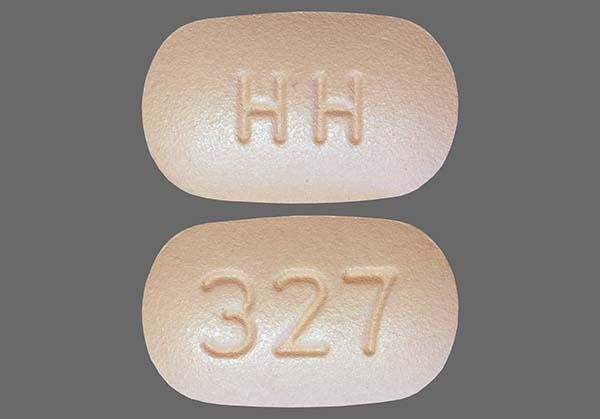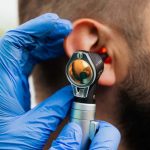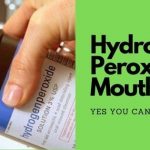
Contents
irbesartan/hydrochlorothiazide – oral, Avalide
Warning: Medication Uses, How To Use, Side Effects, Precautions, Drug Interactions, Overdose, Notes, Missed Dose, Storage. WARNING: This drug can cause harm to an unborn baby if used during pregnancy. It is important to prevent pregnancy while taking this medication. Consult your doctor for more details and to discuss reliable forms of birth control. If you are planning pregnancy or think you may be pregnant, contact your doctor immediately. USES: This drug treats high blood pressure (hypertension). Lowering high blood pressure helps prevent strokes, heart attacks, and kidney problems. This product contains two medications: irbesartan and hydrochlorothiazide. Irbesartan is an angiotensin receptor blocker (ARB) that relaxes blood vessels, allowing for better blood flow. Hydrochlorothiazide is a diuretic that increases urine production, removing excess salt and water.OTHER This drug may also treat heart failure. HOW TO USE: Take this medication as directed by your doctor, usually once daily with or without food. If it causes frequent urination, take it at least 4 hours before bedtime. If you take cholesterol-lowering drugs, take irbesartan/hydrochlorothiazide at least 4 hours before or 4 to 6 hours after those medications. The dosage is based on your medical condition. Use regularly for optimal benefits. Continue taking even if you feel well. Tell your doctor if your condition does not improve or worsens. SIDE EFFECTS: Dizziness, upset stomach may occur. If these effects persist or worsen, tell your doctor or pharmacist. To reduce the risk of dizziness and lightheadedness, rise slowly from a seated position. Report any serious side effects to your doctor. A serious allergic reaction to this drug is rare. If you notice any symptoms, seek medical help immediately. This is not a complete list of side effects. Contact your doctor or pharmacist for further information. PRECAUTIONS: Before taking this medication, inform your doctor or pharmacist of any allergies. This product may contain inactive ingredients that can cause allergic reactions or other problems. Discuss your medical history, especially if you have gout, kidney or liver disease, lupus, or severe dehydration. This drug may cause dizziness. Refrain from driving or using machinery until you know how it affects you. Prevent dehydration by consuming fluids, unless advised otherwise. Check blood sugar levels regularly if you have diabetes. Avoid prolonged sun exposure and use sunscreen. Consult your doctor before breast-feeding. DRUG INTERACTIONS: See How to Use and Precautions sections. Keep a list of all medications you use and share with your doctor and pharmacist. Do not start, stop, or change dosages without approval. Some products may interact with this drug. Check labels on all medicines. This drug may impact certain laboratory tests. OVERDOSE: If overdose is suspected, seek medical help immediately. NOTES: Do not share this medication with others. Lifestyle changes like stress reduction, exercise, and dietary changes can enhance its effectiveness. Regular medical tests should be performed. Monitor your blood pressure and share results with your doctor. MISSED DOSE: If you miss a dose, use it as soon as you remember. If it is close to the next dose, skip the missed dose. STORAGE: Store at room temperature away from light and moisture. Keep out of reach of children and pets. Do not flush medication down the toilet or pour into a drain unless instructed. Properly discard when expired or no longer needed.
Related Disease Conditions
High Blood Pressure (Hypertension)
High blood pressure (hypertension) is a disease in which pressure within the arteries of the body is elevated. About 75 million people in the US have hypertension (1 in 3 adults), and only half of them are able to manage it. Many people do not know that they have high blood pressure because it often has no warning signs or symptoms. Blood pressure is measured by systolic and diastolic readings. The American College of Cardiology released new guidelines in 2017, stating that normal blood pressure is 120/80 mmHg. The American Academy of Cardiology defines high blood pressure slightly differently, considering 130/80 mm Hg. or greater stage 1 hypertension and 140/90 mm Hg. or greater stage 2 hypertension. High blood pressure increases the risk of stroke and heart attack. REFERENCE: CDC. High Blood Pressure. Updated: Nov 13, 2017.
Stroke
A stroke is an interruption of the blood supply to part of the brain caused by a blood clot (ischemic) or bleeding (hemorrhagic). Symptoms include weakness, numbness, double vision or vision loss, confusion, difficulty speaking or understanding speech. Diagnosis involves a physical exam, imaging tests, neurological exam, and blood tests. Treatment may include clot-busting drugs, supportive care, and neurosurgery. Controlling high blood pressure, high cholesterol, diabetes, and quitting smoking can reduce the risk of stroke.
Heart Attack (Myocardial Infarction)
A heart attack occurs when a blood clot completely obstructs a coronary artery supplying blood to the heart muscle. Learn about warning signs, causes, complications, risk factors, and treatment.


